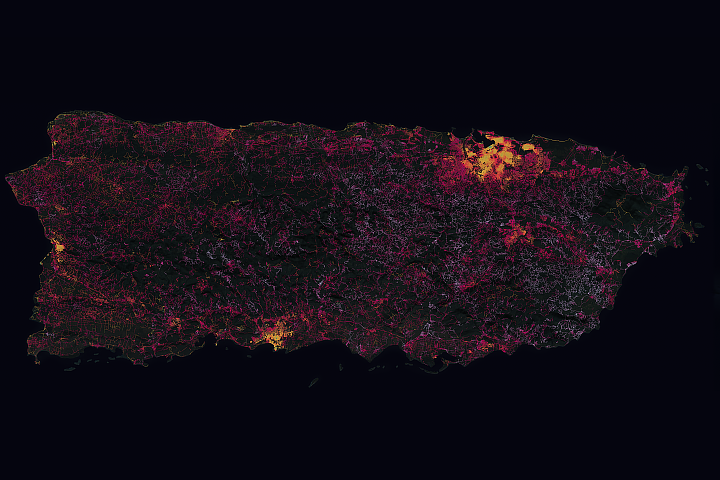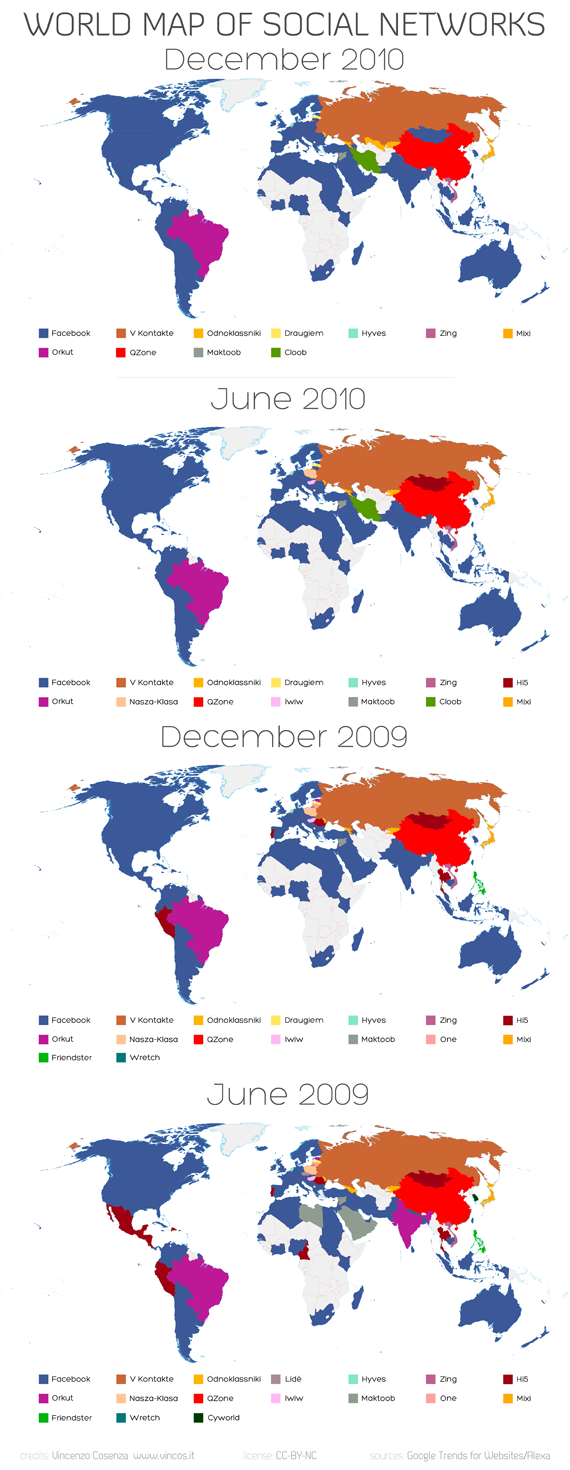.
Rid Pakistan of Reactionary Laws
by Ishtiaq Ahmed
Each time the state tries to enforce Islam as a deen it assumes totalistic or totalitarian characteristics. Both the religious establishment and the state should respect the freedom of the individual
.
President Pervez Musharraf’s recent statement criticising ‘honour killings’ and his suggestion that the Blasphemy and Hudood laws should be debated at all levels in society is a step in the right direction. In his subsequent meeting with ulema and mashaikh, telecast by the national TV, he urged them to eradicate extremism from mosques and seminaries and cooperate with him in fighting terrorism. It was a most useful follow-up.
.
All sensible Pakistanis should support his move because it is in the best interest of Pakistan and Islam. A powerful rightwing lobby has begun to demonise Musharraf as a renegade but students of history know that no Muslim reformer has escaped the wrath of such elements. Indeed the war on terrorism will never be successful if it does not seek to eradicate the extremist mindset in all societies that thrives on outmoded, intolerant and repressive edicts.
.
Nobody is born a terrorist, a racist or a religious fanatic, although individual personality disturbances can be congenital and some people are prone to violent and extremist behaviour. Socialisation processes produce either a liberal and tolerant culture or a reactionary and intolerant one. In this regard, two institutions, besides the immediate family, play an important role in forming attitudes and opinions — the religious set-up and the state.
.
Let us address the religious set-up first. Unfortunately, since the Iranian revolution and the ensuing fierce competition between the Saudi and the Iranian state to establish their influence in the Muslim world, Muslims have been only exposed to two sectarian versions of extremism. The traditional Islamic polity based on Sunni moderation and the middle path has been sidelined. While the Shias have discarded their quietism in favour of political activism, the Sunnis have come increasingly under Khawarji fanatical influence represented by its modern permutation such as Wahhabism.
.
I grew up learning about Islam from my grandfather’s conduct. He was a pious man who believed that the Prophet’s (PBUH) message to humankind was to help the poor and needy. In his own simple way he practised an Islam that put a high premium on charity and helping the needy. We grew up hearing that the Caliph Umar would disguise himself and roam the streets of Madina to see if someone was in need of help? We never grew up thinking of Islam as a punishing or intolerant creed.
.
But just look around the Muslim world. Can we find even one example of an Islamic state that practises a gentle and caring Islam? Wherever the expression ‘Islamic state’ is used to describe a polity, its record of barbaric punishments stands out conspicuously.
.
Consequently, the fact that the Muslim world today is in the stranglehold of extremism cannot be blamed on external sources alone. The USA, Israel, India and Russia are indeed guilty of crimes against innocent Muslims and that understandably generates an angry reaction, but the malaise has its roots within the world of Islam. Quite simply Islam has to go through a reformation. An Islamic reformation will need to accept the autonomy of the individual and his freedom to voluntarily choose to believe in Islam or any other religion or philosophy.
.
There is clear evidence that unscrupulous people in this country have used the blasphemy law to gain worldly ends. In any case, there is a need to look at the whole thing logically. There are always people in some societies who offend public sensibilities but they do not deserve to be given much attention. Also, it just requires one look at the sectarian sub-literature to see how low extremists on all sides of the divide can stoop. Millions of Muslims live in the West and our families are now settled here for good. We would find it totally unacceptable to be told that we could be charged for blasphemy in a court of law for not believing that Jesus was the Son of God.
.
The Western world realised that it should not be the business of the state to interfere in the personal beliefs of its citizens, only after inflicting the holocaust on Jews. That is a tragic way of finding the truth or gaining wisdom. We, immigrants, have benefited most from the new approach. Nobody can deny that Western democracies have not only created the most dynamic societies ever known to humankind, but also provided the freedom to every individual to follow his/her conscience in matters of religion.
.
Does it make any sense to say that Islam (officially) did not establish a church and each individual is personally responsible for ensuring his/her salvation and, then(unofficially), go on to make the state the guarantor of true Islam? The purpose of the state should be simply to take care of the worldly needs and rights of its citizens. Saying this does not mean that one is reducing the purpose of life to some material needs. Worldly needs include the right to freedom of thought and expression as well as a reasonable standard of living. Without an all-round enjoyment of material and intellectual freedoms a mature attitude towards God or truth cannot be established.
.
It is time to challenge the cliché that Islam is a complete code of life, a deen (worldview) and not a madhab (ritualised religion). It has been employed for too long as a self-evident truth with the result that no serious discussion ever takes place to establish the full implications and ramifications of such rhetoric. Each time the state tries to enforce Islam as a deen it assumes totalistic or totalitarian characteristics. Take any example — Iran, Saudi Arabia, Afghanistan under the Taliban, and the Zia period in Pakistani history. Therefore, both the religious establishment and the state should respect the freedom of the individual to find his own path to salvation.
.
http://www.ntpi.org/html/reactionary.html
.
.















No comments:
Post a Comment